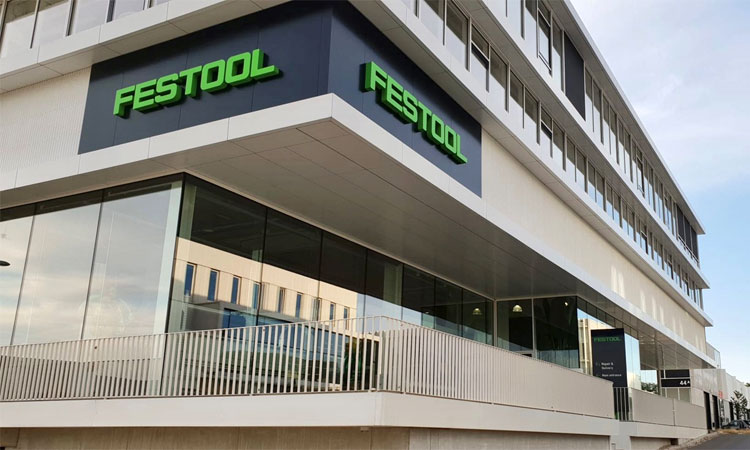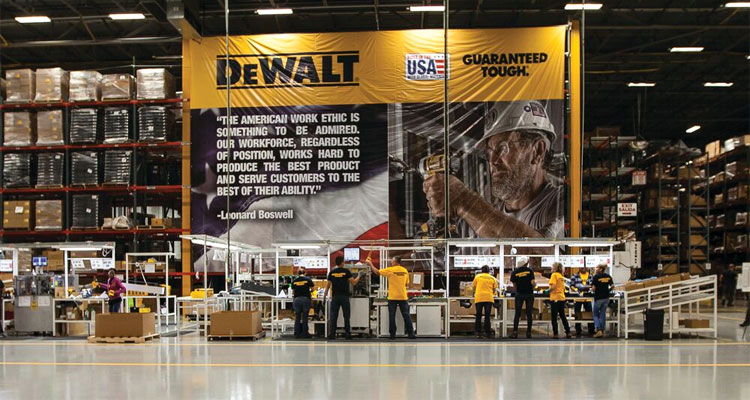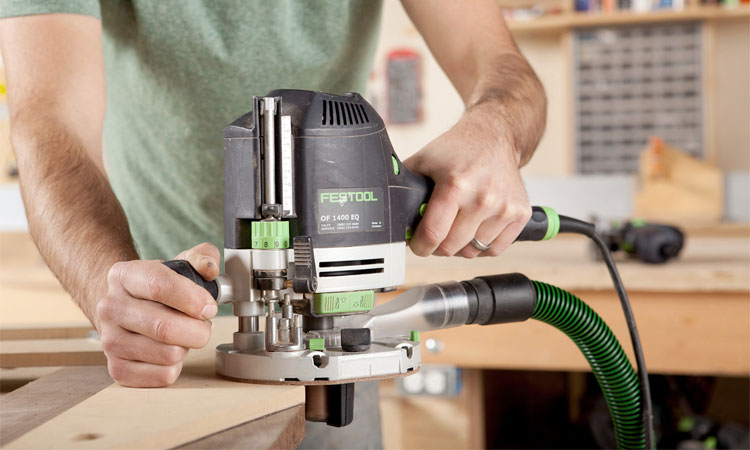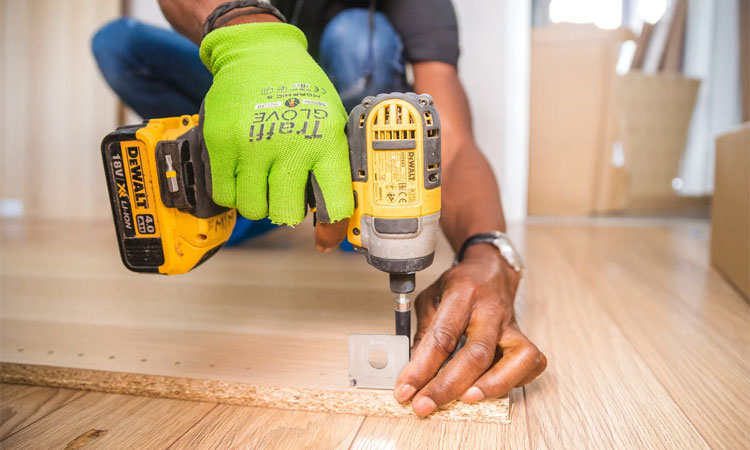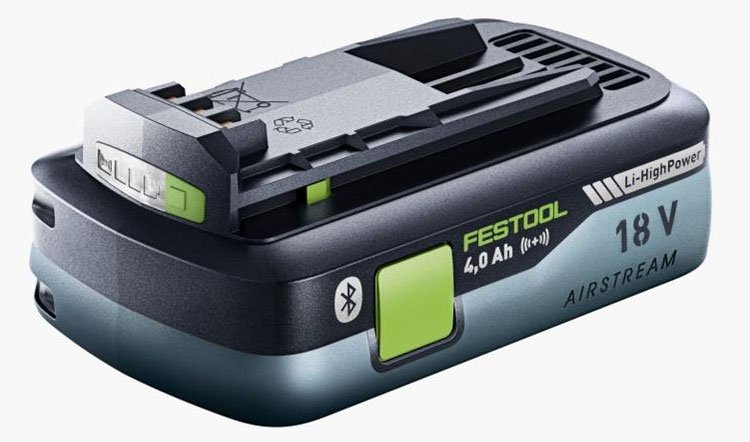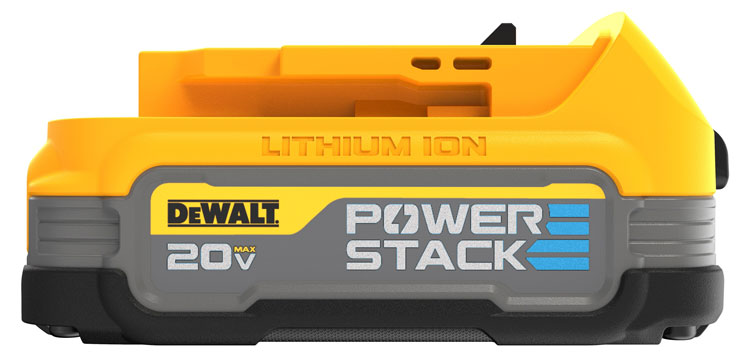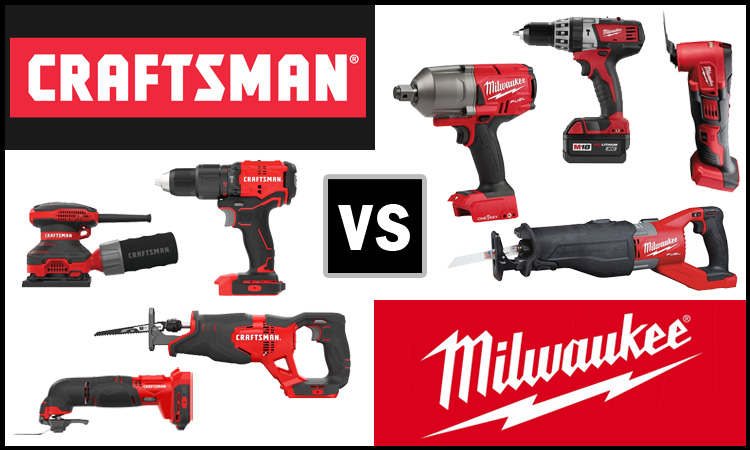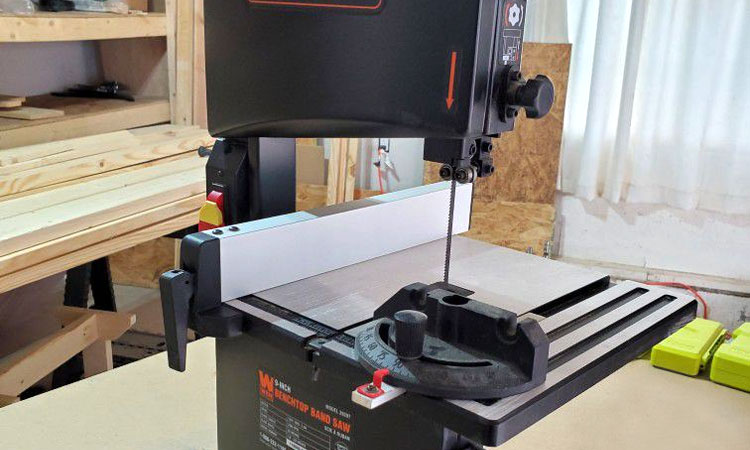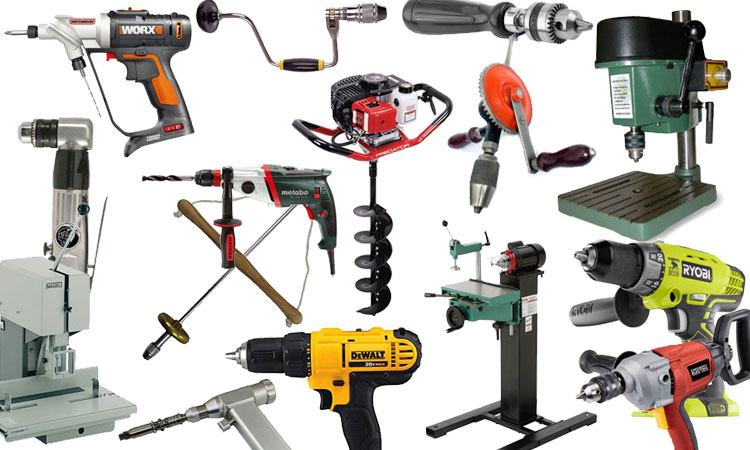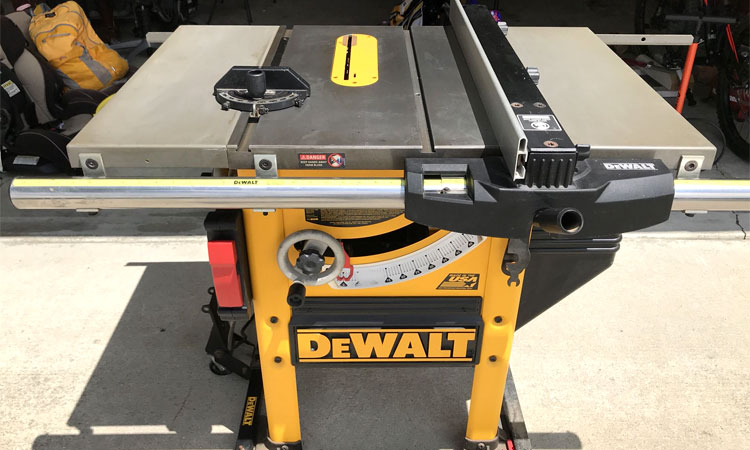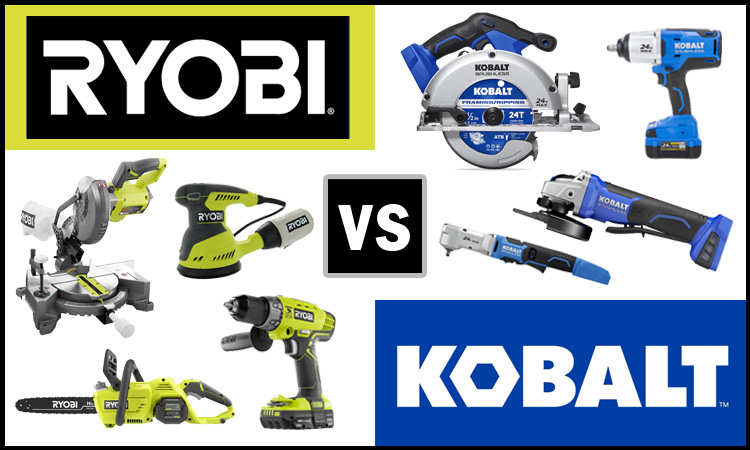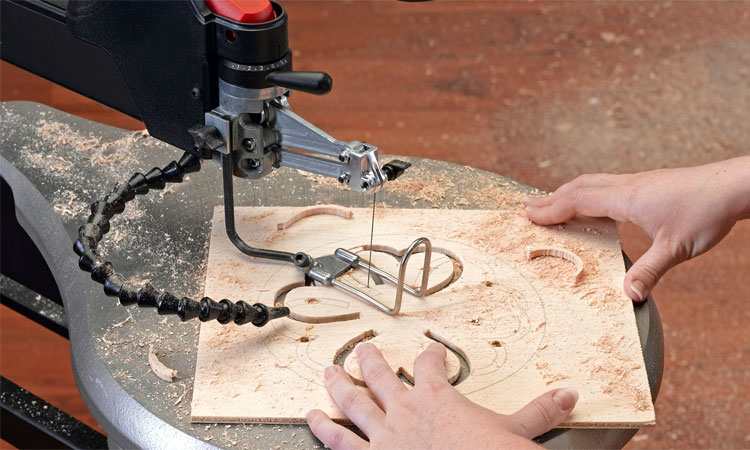Festool vs DeWalt (Which is Better?)
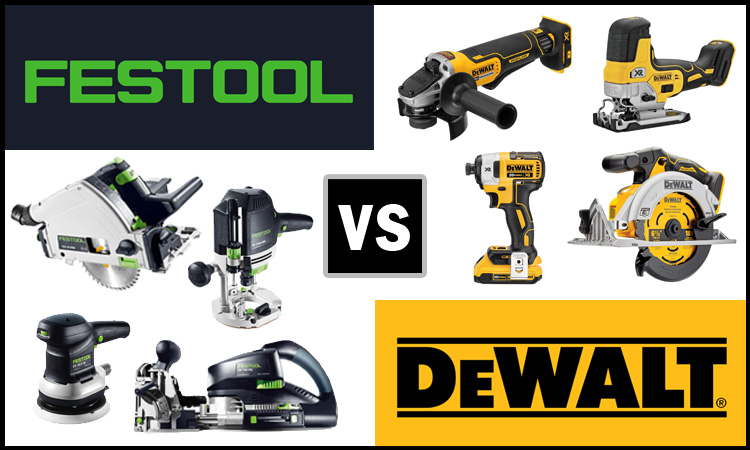
Most tradesmen or DIY enthusiasts should be familiar with the names “Festool” and “DeWalt”. Both of these manufacturers have served as powerhouses within the power tool industry and offer extensive product catalogs, much to the delight of their consumers.
However, this popularity, in turn, has posed quite the quandary for consumers as they now have to decide where to place their trust and hard earned money.
Many prospective buyers now find themselves torn between the purchase of Festool and DeWalt tools, unable to differentiate between the merits of each. Luckily, this is where the following guide should prove quite useful.
What follows is a comprehensive comparison of Festool and DeWalt tools, in a side-by-side fashion. This comparison contains multiple characteristics, traits, and qualities of each brand, providing enough information for consumers to make their own informed purchasing decision.
History
Although they developed half a world apart, Festool and DeWalt both rose to prominence during the early 1900s, growing rapidly with each throughout the years. Today, each serves as a frontrunner in both foreign and domestic power tool markets.
The following is a breakdown of Festool and DeWalt’s rise to prosperity.
About Festool Tools
Festool, a German-based power tool manufacturer was founded almost 100-years ago by business partners Gottlieb and Albert Fezer in 1925. It originally served as a repair source for wood processing machinery.
The company also were pioneers in the conversion of machines running on upgraded ball bearings instead of standard bearings that were the commonplace component of the time.
During the multiple decades that followed, Festool was instrumental in the design of many portable tools and advancement in designs of current offerings. The most notable of these designs led to the birth of the portable disc sander, portable chain saw, and portable circular saw.
Festool found itself expanding quite rapidly, and as a way to increase usable floor space had to relocate twice before 1951. Their main focus for many of the immediate years that followed were revisions to the circular saw and improvements of efficiency and safety of other earlier power tools.
By 1975, Festool had dedicated themselves solely to the production of portable power tools.
By the early 1990s, Festool had invested heavily in the design of electric power tools, even debuting a new Tooltechnic branch, to differentiate production of the brand’s electric tools from those of a pneumatic design. Then, in 1996, the company jumped headlong into the production of cordless, battery-operated power tools.
Today, Festool serves as a premier manufacturer of industrial-grade power tools. The company expanded into the United States in 2000 opening an office in Santa Barbara, CA and in the same year the company’s German headquarters was relocated to Wendinglen. In 2007,
Festool USA and Festool Canada had relocate from Santa Barbara, California to its current home in Lebanon, Indiana to accommodate its rapid growth.
See Also: Festool vs Makita Comparison
About DeWalt Tools
The DeWalt Tool Company was founded in 1922 by Raymond DeWalt, the Superintendent of Seabrooks Farms. Mr. DeWalt’s company was founded on the production of a unique woodworking machine that was known for its flexibility.
The first DeWalt Tool factory was located in Leola, Pennsylvania. DeWalt began manufacturing and marketing a specific mortiser and jointer in conjunction with the Wonder Worker machine.
The company’s rapid expansion began when it secured several wartime manufacturing deals during the conflict. When DeWalt was acquired by the American Machine Foundry in the late 1940s, development continued. The firm introduced new items and expanded its product range over the next few decades.
In 1992, DeWalt began producing portable power tools and accessories, an endeavor that was uncommon at the time. This line of gadgets has grown to contain over 200 items in the following ten years. To further improve their power tool line, they were given a variety of voltages: 12V, 14V, 16V, and 18V.
Today, DeWalt is owned by Black & Decker, and employs over 13,000 people in the United States and abroad. The company has continued to increase its enormous selection of cordless and conventional power tools.
See Also: DeWalt Versus Porter-Cable Tool Comparison
Manufacturing
A number of today’s consumers place immense stock in a particular tool’s place of origin. For this reason, we have compared this characteristic, as it applies to both Festool and DeWalt.
As such, one can form their own judgment regarding the value of each brand’s manufacturing practices.
Following is a short comparison of both Festool and DeWalt tools.
Where Are Festool Tools Made?
Festool is a German-based company but also operates a North American branch. The American branch of Festool was initially located in Santa Barbara, California in 2000, but operations were moved to Lebanon, Indiana, in 2007, when it outgrew its facilities.
The vast majority of Festool’s products are manufactured in Europe, with the bulk of production efforts taking place in Germany.
The company is headquartered in Wendinglen, Germany, with other manufacturing facilities located in Neidlingen and Illertissen.
Where Are DeWalt Tools Made?
Towson, Maryland is home to DeWalt’s headquarters. The following cities house DeWalt US manufacturing plants:
- Hampstead, Maryland
- Cheraw, South Carolina
- Charlotte, North Carolina
- Shelbyville, Kentucky
- Jackson, Tennessee
- New Britain, Connecticut
- Greenfield, Indiana
DeWalt does not manufacture all of its tools in the United States, however. DeWalt has manufacturing plants in China, Mexico, Brazil, Italy, the Czech Republic, and the United Kingdom. In general, DeWalt goods produced in the US will have the “Built in the USA with Global Materials” label.
Product Line
Festool and DeWalt are both known as front-runners in the design and production of premium power tools. As such, each of these two brands offers more than their fair share of stellar products and accessories.
The following is a general overview of each company’s product catalog.
Festool
Festool offers a multiple of high-quality power tools, that are designed for a wide range of applications. These tools are favorites of many consumers, from DIY enthusiasts to tradesmen alike.
Festool’s portable power tools can be operated with the use of two different battery packs, including a 4.0 Ah pack, and a more robust 5.4 Ah unit, making them some of the most versatile on the market.
The company carries a comprehensive catalog of cordless sanders, grinders, and polishers, designed for woodworking and industrial-based applications.
Festool also offers multiple high-strength corded-power tools which are designed for use in more demanding applications. Although, these tools serve as favorites of at-home consumers as well.
Also included in Festool’s product lineup are many different saws, engineered to meet every perceivable need. Included within this lineup are circular saws, oscillating cutters, semi-stationary saws, and plunge cut saws. Additional products of this type include track saws, miter saws, and jig saws.
Festool is also deeply involved in the production of specialty job-site tools, engineered to reduce clutter and increase productivity. The company’s Systainer storage system serves as perhaps the best example of this notion, though Festool also offers products such as job-site lights, Bluetooth speakers, and dust removal equipment.
DeWalt
The 1990s were one of DeWalt’s busiest decades in terms of sales, with the release of its first set of cordless tools. DeWalt furthered its early success in 1994 with the debut of 30 more cordless power tools. This notably included DeWalt’s first 14.4V models, among other things.
DeWalt is best known for their line of 20V Max power tools. With over 200 power tools and accessories already available, this series has seen a lot of growth in recent years. Portable drills, saws, impact wrenches, reciprocating saws, and grinders are some of the most notable products in the 20V Max range.
A complete set of 60V Max power tools for professional contractors is also available. These tools are much more powerful than the 20V tools, and they include things like circular saws, air compressors, nail guns, and rotary hammers.
As the years passed and the number of customers grew, the product catalog of DeWalt also grew. They now offer power tools in various categories such as Automotive Tools, Cable Cutting & Crimping, Compressors, Drills, Dust Management, Grinders & Polishers, Impact Drivers & Wrenches, and Multi-Function Tools. They also have Nailers & Staplers, Pipe & Tubing Tools, Pneumatic Tools, Power Tools Combo Kits, Ratchets, Rotary & Demolition Hammers, Routers, Planers, & Jointers, Sanders, Saws, Screwdrivers & Screwguns, Specialty & Other Tools.
Dewalt also has the latest accessories designed to meet and exceed your standards. They have accessories for Cutting & Grinding, Drilling, Fastening, Hole Saw, Jointing, Sanding, and sawing. They even have batteries and chargers! Truly a one-stop shop that fits all your needs at an affordable price.
DeWalt also manufactures a wide range of durable hand tools, which many people are unaware of.
DeWalt offers a comprehensive range of combination kits and sets to meet the needs of professional users and common applications.
DeWalt has a cordless solution for your needs, whether for drilling wood or concrete, fastening, cutting wood or metal, lighting, or demolition. Get all your cordless tools in one set for portability and storage. The same battery pack and charger powers them all. Saves money over purchasing each tool separately.
Technology
Festool and DeWalt are both considered industry leaders in the development of new and innovative power tool technology. The following are several of the most noteworthy technical developments that each has pioneered.
Festool
Festool Compact 4.0 Li-Hi Power Battery Packs
Those at Festool have gone to great lengths to simplify the lives of DIY enthusiasts and tradesmen everywhere. This mindset led to the production of the company’s ultra-compact 4.0 Li-Hi Power Battery Packs.
These batteries are 20-percent lighter than most standard portable battery packs, while still offering 30-percent more power and endurance than most similarly designed portable power sources.
Systainer Tool Storage
Festool has pioneered its own fully-integrated tool storage system, known as Systainer. This system allows for effortless storage of tools, battery packs, chargers, and hardware-related items, all in an easy-to-transport manner. Totes included in this system can also be paired to a custom roller, allowing for long distance transportation on the job site.
Battery Interchangeability
At the moment, Festools offers two different portable battery packs, the first of which is the 4.0 Li-HI pack mentioned above. The other available battery pack is a larger 5.4 Ah BP 18 unit.
Luckily, these battery packs are fully interchangeable, allowing consumers to select the perfect power source for each and every job that they encounter.
DeWalt
FlexVolt Technology
DeWalt’s introduction of the FlexVolt series of batteries revolutionized the cordless power tool industry. These batteries are multi-purpose in that they may be used with both 20V and 60V DeWalt portable power tools.
As you change tools, these batteries automatically change voltage. Because these batteries can power over 200 products by simply changing voltages, they are some of the most flexible on the market.
Tool Connect
The Tool Connect app, which is available for both Android and iOS devices, allows many DeWalt portable power tools to communicate with one another.
This application lets you monitor the battery state, position, and status of each of your equipment on a job site from any mobile device. On the job site, this functionality serves as an excellent theft deterrent.
Warranty and Service
For the bulk of consumers, there is little substitute for a stellar warranty policy, when purchasing any form of a power tool. After all, power tools, by their very nature, are subjected to a fair amount of use and abuse.
Therefore, it is extremely important that any tool of this nature come backed by an excellent service plan. Below is a comparison of Festool and DeWalt’s warranty policies.
Festool
Festool warranty policies are one of the most comprehensive in the entire power tool industry. Festool’s base warranty covers all of its products for a period of three years following purchase.
Unlike most of all of its competitors is the fact that this warranty also covers issues that arise from standard wear and tear. Thus Festool basically covers its products unconditionally for a period of 3-years.
Additionally, Festool pledges to stand by each of its products, by guaranteeing continued parts production for a period of 10-years, following each specific tool’s release. This ensures that parts will be available to keep your Festool products in service, for an extended period of time.
For added peace of mind, each purchase from Festool comes backed with a 30-day satisfaction guarantee. If for whatever reason, you are unhappy with any Festool product within the first 30-days following purchase, simply return it to an authorized Festool dealer for a full refund, no questions asked.
DeWalt
DeWalt offers a three-year limited warranty on the majority of their portable power equipment. This covers problems with materials and labor for tools bought after 2004. However, this coverage does not cover issues resulting from misuse or typical wear and tear.
The brand also provides consumers with a 1-year free service contract, in addition to the company’s regular three-year warranty. This contract states that DeWalt will repair any faults in its tools caused by normal usage and deterioration within the first 12 months of service for free.
Furthermore, all DeWalt power equipment is covered by a 90-day satisfaction guarantee. If you are not completely pleased with any DeWalt power tool purchase, you may return it within 90 days for a full refund.
DeWalt mechanics mools are covered by a full lifetime warranty from the manufacturer. If one of these tools ever fails for any reason, it will be replaced without charge and without the obligation of proving ownership.
And The Winner Is…
There is little way to fault a consumer for purchasing any product from DeWalt or Festool. Both of these brands carry a significant reputation of excellence, and stellar histories dating back approximately 100 years. However, for the sake of argument, we can choose only a single winner in our best of the best, side-by-side comparison.
In our opinion, DeWalt holds a slight advantage over Festool for a number of reasons. The most significant of these reasons lie in the fact that DeWalt carries a vast array of products, far beyond the typical offerings.
Simply put, Festool’s product lineup simply cannot compete with that of DeWalt. This provides consumers with the versatility that they need to get the job done, no matter the circumstances.
Additionally, DeWalt offers warranty coverage of a near identical nature to Festool, thereby negating the advantage that Festool has over many other companies in this regard.
For this reason, along with those related to the inventory listed above, are enough for us to award DeWalt with top honors in this side-by-side comp



